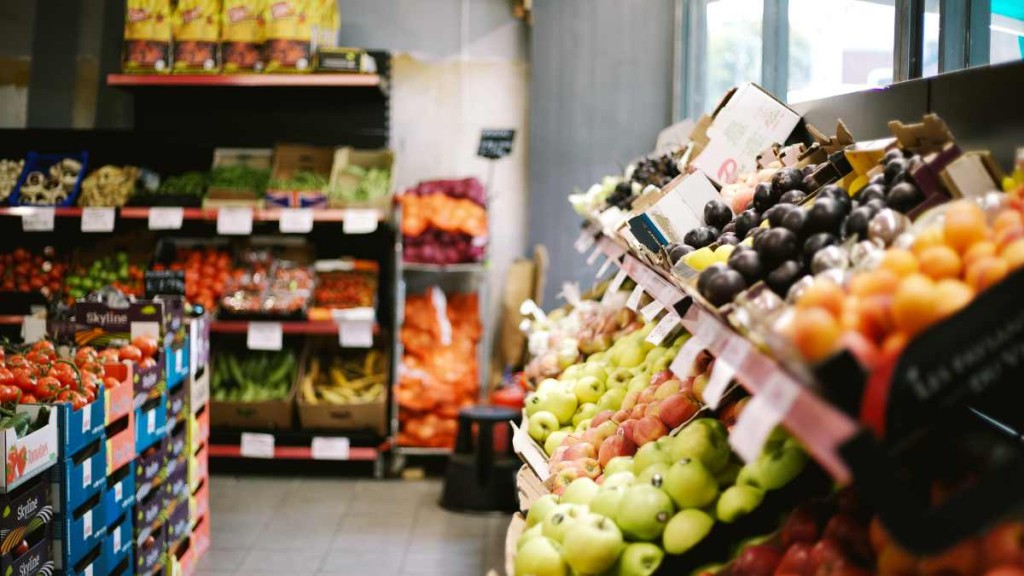The UK Government is being urged to develop a national food security strategy that addresses the entire food system, from agriculture to manufacturing, logistics, and retail. This call comes from a recent report by the Policy Exchange think tank, which emphasises the importance of prioritising food security as a key driver of economic growth.
In its report, “Strengthening the UK’s Food Security: Innovation and Investment in the Food Manufacturing Sector,” the think tank argues that previous government initiatives have been too narrowly focused on farming. It calls for a more holistic approach that considers the entire food ecosystem, including the manufacturing, supply chain, and retail sectors, to ensure stability in the face of rising food prices, global disruptions, and climate change.
The report comes as the UK continues to grapple with the long-term effects of inflation in food prices, supply chain issues caused by the COVID-19 pandemic, the war in Ukraine, and growing concerns over the environmental impacts of food production.
Industry Concerns Over Supply Chain Risks
According to polling conducted for the report, a significant proportion of food and drink manufacturers—53%—are deeply concerned about mitigating supply chain risks. These concerns have led many businesses to diversify their suppliers (68%), simplify supply chains (50%), and invest in product innovation (38%) to adapt to the current challenges.
With the food and drink sector being the UK’s largest manufacturing industry—valued at £142 billion with exports exceeding £24 billion—ensuring its resilience is vital for the economy. However, investment in the sector has dropped by 30% since 2019, underlining the need for renewed government focus and support.
Recommendations for Strengthening UK Food Security
The report offers several key recommendations to address the current vulnerabilities in the UK’s food supply. Among them is the establishment of a new food security transformation fund aimed at promoting technology investment in the food industry. Another suggestion is the introduction of a fast-track approval process by the Food Standards Agency for products that have already been approved by trusted regulatory bodies in other countries.
A further recommendation is the creation of a contingency framework to allow food suppliers greater flexibility during periods of geopolitical or environmental disruption. Additionally, the report encourages the UK Foreign Office to place greater emphasis on strengthening global food security through its development spending.
Industry Support for Change
Prominent figures in the industry have voiced their support for the report’s recommendations. George Weston, CEO of Associated British Foods plc, stated that the UK needs to foster a “pro-growth environment” to help the food and farming sectors decarbonise while stimulating growth, creating jobs, and boosting exports.
Dame Fiona Kendrick DBE, former Chair and CEO of Nestlé UK and Ireland, echoed these sentiments, stressing that the UK Government should work with the entire food value chain to develop a more secure and resilient food system that invests for the future.
If these recommendations are adopted, they could play a crucial role in strengthening the UK’s food supply chain and addressing the growing challenges posed by inflation, geopolitical instability, and climate change.


